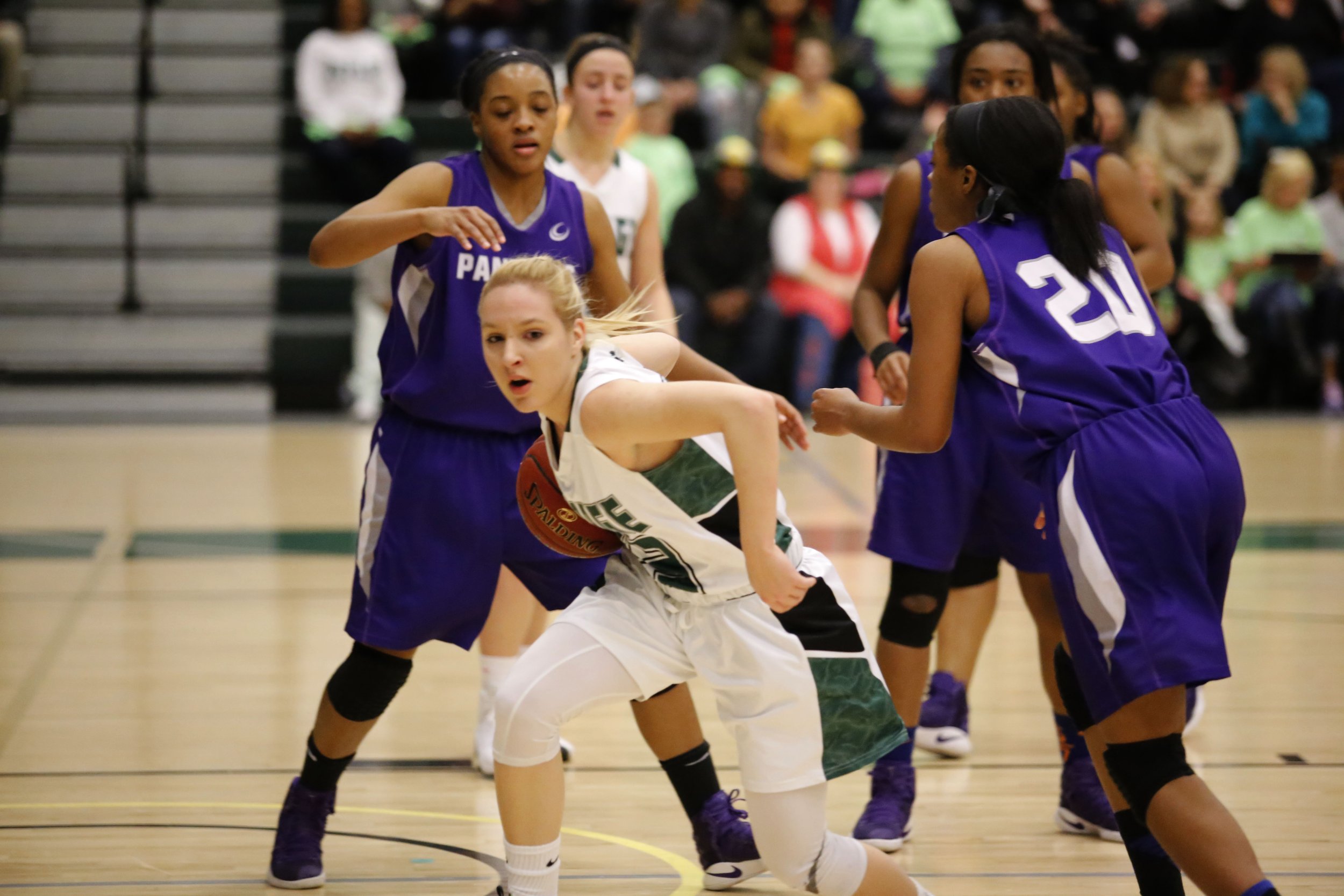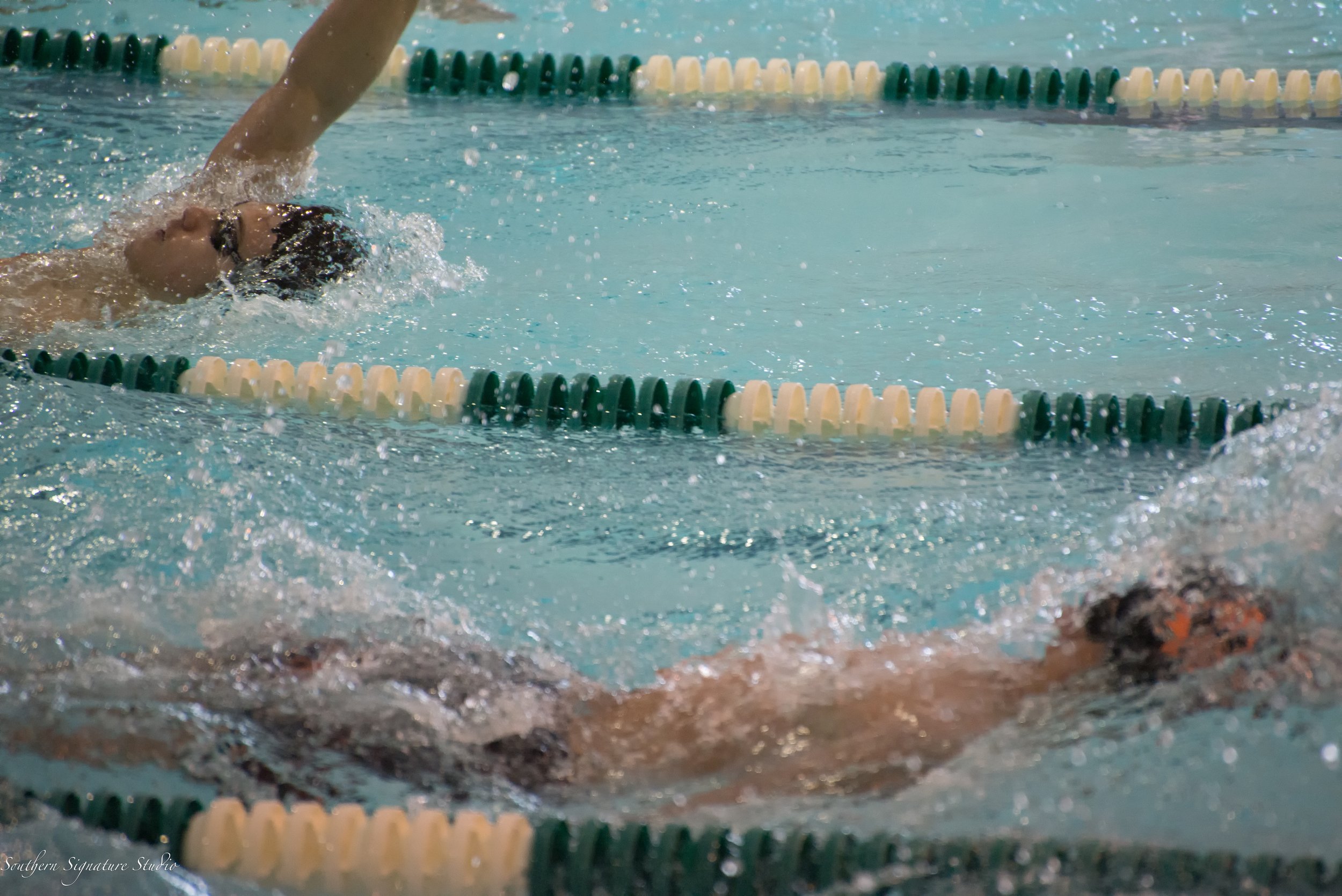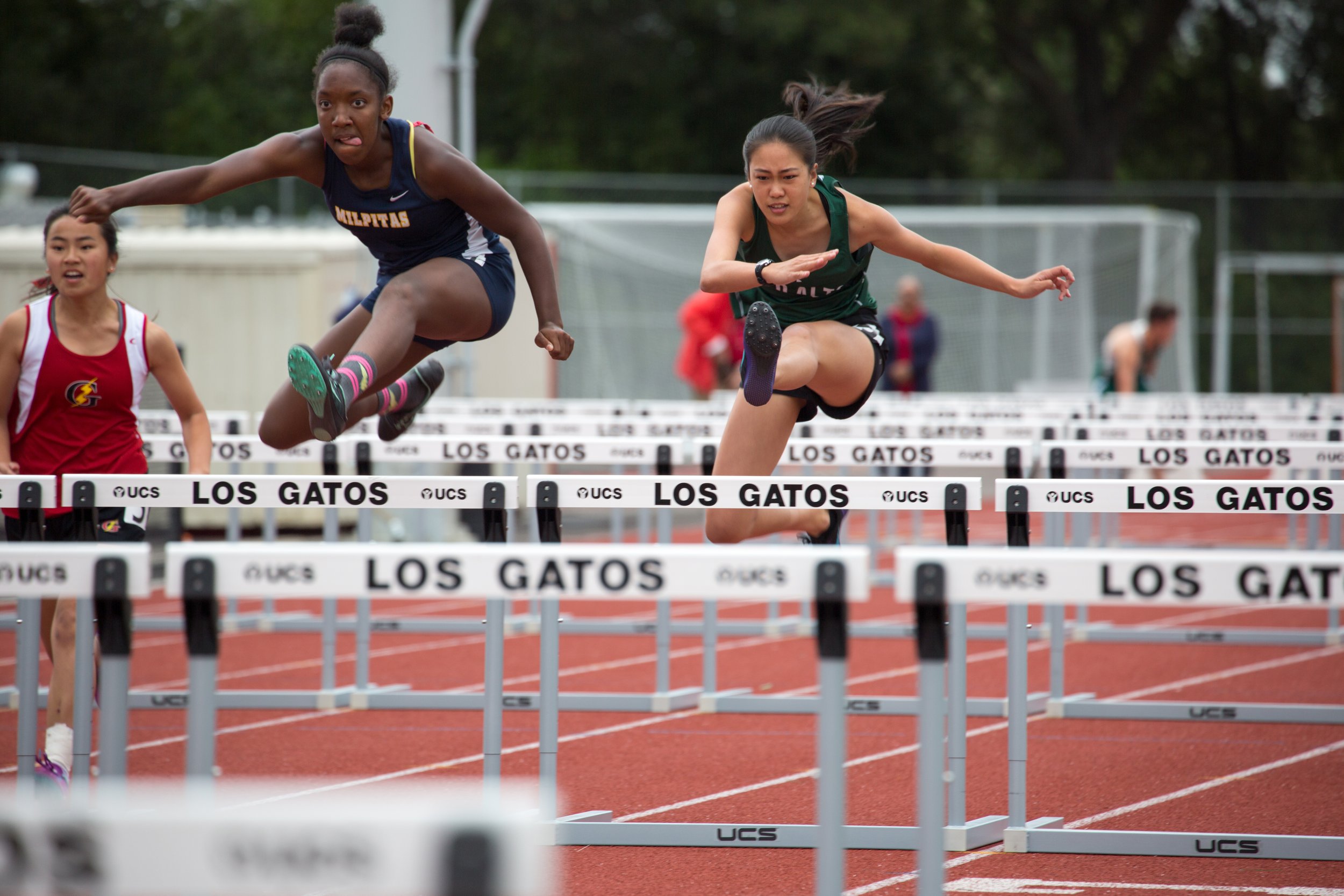How do I Know if I am Good Enough to Play Sports in College?
College sports is always a step up from the commitment of high school. But how do you know if you have what it takes to cut it at the college level? College sports is incredibly challenging but also very rewarding. Consider the following to know what you want out of your college sports experience.
What is your commitment level to your sport?
Ask yourself how badly you want to play sports in college. You will have time commitments to train in some capacity year round, and will even have certain holidays and school breaks dedicated to your sport. If you are comfortable with working year round on your sport then college athletics may be right for you. You will likely not be the best athlete on your new team so you have to be willing to train harder than you may have in the past in order to earn a spot on the field, and to stay there.
How do I determine my talent level?
Your talent level is essentially how college coaches view you compared to other recruits. The easiest way to do this is with the SCA Scope which allows you to quickly assess your level and start to search for schools that recruit athletes like you. However other ways to figure out where you may land is to get a third party to evaluate you. If you gather film of yourself playing and share it with a coach, or even speak with a coach who has worked closely with you, they may be able to give strong assessment about your prospects at the college level.
There are online scouting services that you can pay large sums of money to assess your talent, but another way for you to truly see where you stack up is to gain admittance to a recruiting camp, or a showcase. There you will not only get to play against many other recruits and test your skills, but many will do on site talent evaluations that may even be uploaded online for college coaches to find.
What skills are college coaches looking for?
College coaches are obviously trying to get the most talented athletes possible to attend their schools. But the skills they prioritize vary from program to program and sport to sport. Coaches that have the most amount of recruiting resources will try to find the most physically dominant athletes who have proven most successful at the high school and club level. Speed, power, agility, and technical skill will all be evaluated by coaches alongside many other characteristics.
However, the two biggest characteristics that all college coaches are looking for are coachability and versatility. Coachability is about a coach knowing whether they can visualize how you can help their team win and achieve its goals. And coincidentally whether you will be willing to listen to their coaching and develop in that direction. Versatility is when a coach is considering how many different types of ways you can help a team win. If you are able to play multiple positions at their level, then you have much more value as a recruit than someone who can only do one. The fewer elite skills you have, the better you will need to be in any one area to have coaches view you as a fit for their program.
Your academic eligibility will always be a major component of the recruiting process. The better you are as a student the more opportunities you will have to be recruited. Many coaches are looking for a certain caliber of student and will have to pass on recruits who don’t measure up. Essentially the lesser your academic performance, the more talented you will need to prove yourself to get coaches to take a chance on you.
What is it when recruits have star ratings?
It is worth noting that these ratings are primarily used to assess recruits who are headed for the D1 level. They are also used more frequently in some sports more than others like football and basketball. When a recruit has been evaluated by major talent evaluators at camps, tournaments, and showcases they often receive a score ranking to portray their talent to coaches. A recruit without any “stars” is essentially just one that has an unknown talent level by these evaluators. And those assessed at the top of the recruiting talent pool earn as many as 5 stars.
What is a 5-star recruit
One of the nation’s top known high school aged prospects. They are projected to be very successful at the highest levels of college immediately when they enter.
What is a 4-star recruit
These recruits are still very high level and expected to be major contributors on very competitive college programs right away. They often have lost when matched up directly against star recruits and perhaps are not ready for the professional level unless they develop further.
What is a 3-star recruit
Any recruit who has likely shown themselves to be very skilled at their local and regional level but had marginal success against the best prospects. In the D1 talent pool they are projected to need time to develop before being effective at the highest levels.
What is a 2-star recruit
These recruits are often successful in their local area but are much less so when in a talent pool with the best players around the country. They have potential to one day be effective at the D1 level, but are not projected to become “star” players in most scenarios.
What is a 1-star recruit
Any recruit who has played with the best athletes that are projected to go Division 1, and not truly stood out when matched up with them. They may be very good at their local level but are not a key contributor amongst those projected to become starters in D1. Many athletes at this level could easily fit in outside of D1 although they may still end up on D1 teams.
How do I know what my “star level” is?
The star level evaluation metric is really only relevant by those who are scouting “D1” prospects heavily. If you have not been ranked or evaluated by one of these services, then do not panic.
You can also do a backwards comparison of your recruiting level by simply visiting college websites and looking at the accomplishments of recruits on the team from their high school years. If your athletic resume seems to measure up then you are likely in line with what those coaches may be looking for.
Key Differences between High School and College sports
The difference between the two levels will vary depending on what type of high school experience you have had. The best high school programs in America may be offering competition that is similar to at least the D2 level of college sports. In that case, an athlete from one of those programs will be much better prepared to make the jump to college. However, the overwhelming majority of high school programs are below most college teams of any level in regards to their talent level, demands and resources. Here is a list of differences you should consider:
Practice & Training Schedules – Unless you compete for one of the most competitive high school programs with many college prospects, your training responsibilities in college will likely be much farther beyond what they used to be. College sports are almost always a year round commitment, and if you play at the D1 level, those responsibilities will be taken up a notch even more. College sports is most certainly a time sacrifice but if you really love what you do the results can be well worth it.
Talented Players – In college all the athletes for the most part were stand out performers where they came from. The higher you go up in the Divisions, the more likelihood that the athletes on the team were recognized with significant accolades. College sports is a reset button on your career since it does not matter what you may have accomplished prior to getting on campus. Players who may have been the best in their region may turn into a benchwarmer who is fighting for playing time. You need to be committed to working to earn your spot amongst a group of talented athletes.
Team Culture – Team bonding goes to a whole new level in college. In many cases your teammates will become your closest connections on campus. You will spend much of your time together training, traveling, and competing and it has been known to forge friendship bonds than can last a lifetime.
Academic Eligibility – You can only play college sports if you are academically eligible to compete. Coaches will keep an eye on your academics and many schools create programs to monitor and support their athletes. Mandatory study halls, structured study, and other team oriented academic support is used to make sure that athletes do their best and remain in the game. In fact, programs are always trying to keep their Academic Progress Rate (APR) as high as possible, and even receive rewards for their athletes winning in the classroom.
Athlete Privileges – Most people know that in many schools’ athletes can receive a leg up in the admissions process, and additional scholarship and financial aid. But beyond this, athletes are often treated as a special class of student with certain privileges like team gear, access to special athletic facilities, and of course traveling and representing the college.
Time Management – The time commitment of all college athletes is significant so you will have to schedule the rest of your college activities around that commitment. You will have enough time to be a full time student, and a full time athlete, but if you are serious about doing much more than that, especially at the Division 1 level, you are likely to have some serious time conflicts. Many schools allow athletes to register for classes at preferred times to adjust to their training schedule. Particularly when your sport is in its travel season you will have very little time for other extracurriculars.
Learn from athletes who are already in college
Any time that you can, you should try to learn from those who are already playing college sports. Everyone’s experience is different, but you can get the best view of what it is like to be at any school by asking the right questions. Former teammates who already play in college are a good place to start. Anytime you can ask an athlete who goes to a school or at least competes in the conference or level, you can get valuable information about what it is like. Other athletes are often the most honest people you will find throughout the entire recruiting process.
Coach Rob is a recruiting expert and the Founder of SCA Recruiting. He is also the author of the book Winning the Ship: How to Win the College Athlete Recruitment Game. Available now on Amazon.

“93% OF HS ATHLETES DON’T PLAY IN COLLEGE… BUT I WILL HELP YOU BEAT THOSE ODDS. I GUARANTEE IT.”


